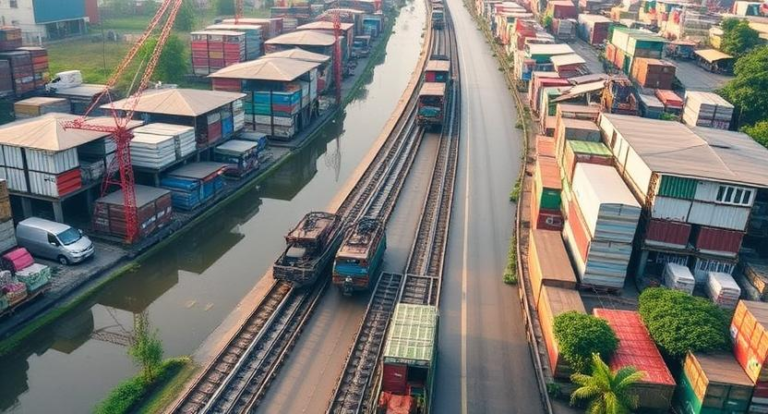Vietnam has become a crucial hub in global supply chains, offering competitive manufacturing costs, skilled labor, and strategic geographical advantages. However, effectively navigating the country’s supply chain can be complex due to regulatory requirements, cultural differences, and logistical challenges. This is where local agents play a pivotal role in streamlining operations and ensuring successful business engagements.
Understanding the Supply Chain Landscape in Vietnam
Vietnam’s supply chain is characterized by a mix of large-scale manufacturers, small and medium-sized enterprises (SMEs), and a rapidly developing infrastructure. Key industries include textiles, electronics, agriculture, and furniture manufacturing. Despite its growth, businesses often face challenges such as language barriers, inconsistent quality control, and complex customs regulations.The Role of Local Agents
Local agents act as intermediaries between foreign businesses and Vietnamese suppliers, providing invaluable support in several ways:1. Bridging Language and Cultural Gaps
Vietnamese business culture places great emphasis on relationships and trust. Local agents help bridge the communication gap, ensuring that negotiations are conducted effectively and misunderstandings are minimized.2. Supplier Verification and Quality Control
Finding reliable suppliers can be difficult for foreign businesses unfamiliar with the local landscape. Local agents conduct supplier due diligence, perform factory audits, and ensure that quality standards meet international expectations.3. Navigating Regulatory and Compliance Requirements
Vietnamese regulations can be intricate, with frequent updates to trade policies and import/export procedures. Local agents help businesses remain compliant with local laws, avoiding costly delays and penalties.4. Cost Efficiency and Risk Mitigation
By leveraging their market knowledge and connections, local agents negotiate better pricing and favorable contract terms. They also assist in mitigating risks related to fraud, substandard products, and logistical inefficiencies.5. Logistics and Supply Chain Management
Vietnam’s infrastructure, though improving, still presents logistical challenges. Local agents coordinate transportation, warehousing, and customs clearance, ensuring smooth and timely delivery of goods.Choosing the Right Local Agent
To maximize the benefits of working with a local agent, businesses should consider the following factors:- Experience and Reputation: Look for agents with a proven track record in your industry.
- Network and Connections: A well-connected agent can provide access to reputable suppliers and key stakeholders.
- Transparency and Reliability: Ensure the agent operates with integrity and provides clear reporting.
- Language and Communication Skills: Proficiency in both Vietnamese and English is essential for effective coordination.

